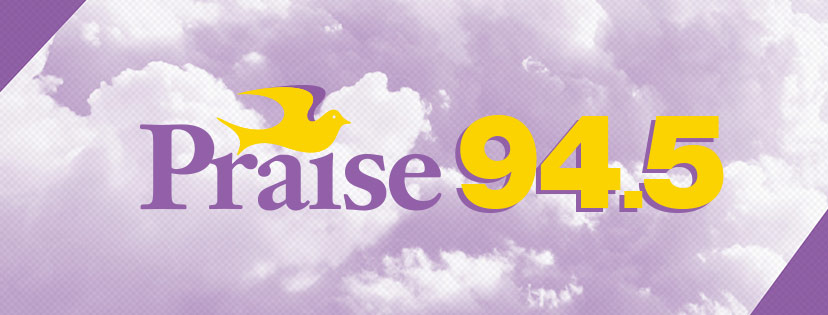U.S. laws strictly curbing school sales of junk food and sweetened drinks may play a role in slowing childhood obesity, according to a study that seems to offer the first evidence such efforts could pay off.
The results come from the first large U.S. look at the effectiveness of the state laws over time.
Children in the study gained less weight from fifth through eighth grades if they lived in states with strong, consistent laws versus no laws governing snacks available in schools. Also, children who were overweight or obese in fifth grade were more likely to reach a healthy weight by eighth grade if they lived in states with the strongest laws.
The effects weren’t huge, and the study isn’t proof that the laws influenced kids’ weight. But the results raised optimism among obesity researchers and public health experts who generally applaud strong laws to get junk food out of schools.
“This is the first real evidence that the laws are likely to have an impact,” said Dr. Virginia Stallings, director of the nutrition center at Children’s Hospital of Philadelphia. Stallings chaired an Institute of Medicine panel that urged standards for making snack foods and drinks sold in schools more healthful but was not involved in the new research.
The authors of the study, released online Monday in the journal Pediatrics, analyzed data on 6,300 students in 40 states. Their heights and weights were measured in spring 2004, when they were finishing fifth grade and soon to enter middle school, and in 2007, during the spring of eighth grade.
The researchers also examined several databases of state laws on school nutrition during the same time. The states were not identified in the study because of database license restrictions that protect the students’ confidentiality, the authors said.
The laws governed food and drinks sold in public school vending machines and school stores, outside of mealtime. Laws were considered strong if they included specific nutrition requirements, such as limits on sugar and fats. Laws were rated weak if the requirements were vague and merely urged sales of “healthy” food without specifics.
CLICK HERE to read story
article courtesy of Newsnet5.com












